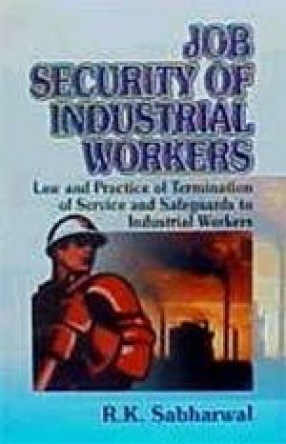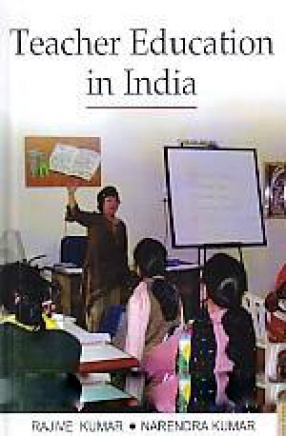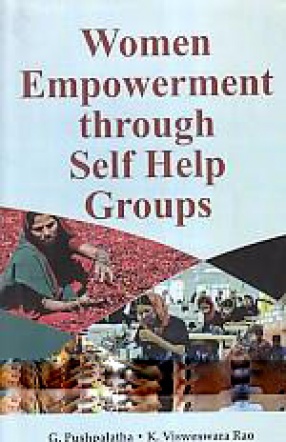The employer-employee relations which started from the concept of "hire and fire" have undergone a substantial change. The workers had no freedom at all. They were slaves, no better than chattel. The State did not interfere in the industrial relations and permitted the "freedom of contract". But with the emergence of new ideas regarding the role of the State the drawbacks of the "laissez faire" came to the limelight and the era of State intervention started. The State became Welfare State by entering into the arena of social functions so as to protect the welfare of the weaker sections of the society. Improving job security is one of the most challenging tasks before independent India. The foremost desire of a worker is for steady and secure job because of prevailing socio-economic conditions. It is an admitted fact that steadier jobs result into steadier industrial operations resulting in maximum production thus benefiting both the employees and the employers and also contributing to the nation’s prosperity. This book deals comprehensively the law and practice of termination of service and safeguards and reliefs available to industrial workers. This book will help the students, teachers in law and practising advocates to have in-depth study and critical appraisal of latest judgements on job security.
Folk Narratives Rituals and Performances: An Intangible Cultural Heritage of Tamil Nadu
Folk Narratives: Rituals and ...
$99.00
$110.00





There are no reviews yet.